What does your company represent and what market needs do you want to respond to with your services? Why do you think you are needed in the market?
 Rubicon was established in September 2020, with the aim of operating as an Electronic Money Institution. Rubicon is a fintech company, licensed by the Bank of Albania, set up to provide financial solutions and develop a payment processing network. Rubicon was born to meet the needs of the market, highlighted even more by the Covid-19 pandemic which pushed rapidly in the preference of remote solutions. To respond to these needs, the company has brought its innovative product, the PAGO platform, with which it was awarded as the StartUp of the year by the Albanian ICT Awards in June 2022. The Pago platform is the instrument that will develop the network of payment processing. Rubicon’s operational activities also include currency exchange, advisory services, or the implementation of fintech support solutions for the financial activities for which it is licensed.
Rubicon was established in September 2020, with the aim of operating as an Electronic Money Institution. Rubicon is a fintech company, licensed by the Bank of Albania, set up to provide financial solutions and develop a payment processing network. Rubicon was born to meet the needs of the market, highlighted even more by the Covid-19 pandemic which pushed rapidly in the preference of remote solutions. To respond to these needs, the company has brought its innovative product, the PAGO platform, with which it was awarded as the StartUp of the year by the Albanian ICT Awards in June 2022. The Pago platform is the instrument that will develop the network of payment processing. Rubicon’s operational activities also include currency exchange, advisory services, or the implementation of fintech support solutions for the financial activities for which it is licensed.
Which market segment does your business serve? Are you aiming to carve out a niche clientele for yourself in the near future?
Rubicon, as the main object of its activity, aims to provide the best quality services to customers who have or do not have an account in a second level bank in the country. While the market is increasingly oriented towards a formalized economy, we are there to facilitate this process and go to the customer “where he is”, enabling him to perform various financial operations in a faster way, simpler, time-saving and free!
Our solutions consist of redefining and redesigning financial experiences. Rubicon plans to operate entirely online with no branches or agents. The headquarters of the company is in Tirana, but its scope is throughout the territory. Our future plans and our ambition are to reach the European level, to accommodate Albanians wherever they are.
![]()
What makes you stand out from your competitors? What innovation do you think you have brought? What is your competitive advantage?
Human resources and company culture are very important to us. We create spaces for creativity, originality and have tried to recruit new elements so that each individuality finds its voice, contributing to decision-making, and making each project its own. Thanks to a healthy climate of cooperation, in our company’s culture we have succeeded in making everyone’s individualities form parts of a puzzle, complementing and highlighting each other’s value. All together we give the best, much more than separately. Talent and heart seem a promising combination for the longevity of a startup.

The cooperative relationship with Mastercard will provide our customers with facilities that provide us with a competitive advantage in the market, compared to other IPEs. Also, cooperation with the Albanian Post, which with its network of branches provides coverage throughout the country, will bring us closer to customers without access to the banking system, potentially increasing this “market niche”.
Which businesses do you partner with to expand market share?
Although competitors, we also cooperate with other electronic money institutions, and with second-tier banks to evaluate untapped business spaces in common interest, where the interaction in the market follows the “win-win” rule, that is, all the parties win. We are aware that the cooperation is not only to be as close as possible to the client, but also especially towards the improvement of the existing legislation related to the ecosystems of FINTECH startups, to make it easier for the latter to do business, and networking in favor of results as fast and effective as possible, it serves to increase the lifespan/sustainability of startups in the market.
What are the challenges of ecommerce at the moment and how do you think to solve them?
The successful implementation of “open banking” will facilitate the interaction between IPEs and traditional banks with physical branches, increasing the speed of conversion of physical money to electronic, but also vice versa, in favor of the ubiquitous customer.

How do you see the future of the e-commerce sector?
We think that this sector will develop and the competition will increase day by day, followed by the further development of the service sector in the country. Also, the development of smart tourism and the agribusiness industry will inevitably be accompanied by innovative solutions, which will cause headaches for the competition. We remain optimistic about market developments in this direction, hoping for a fruitful cooperation with the legislators.




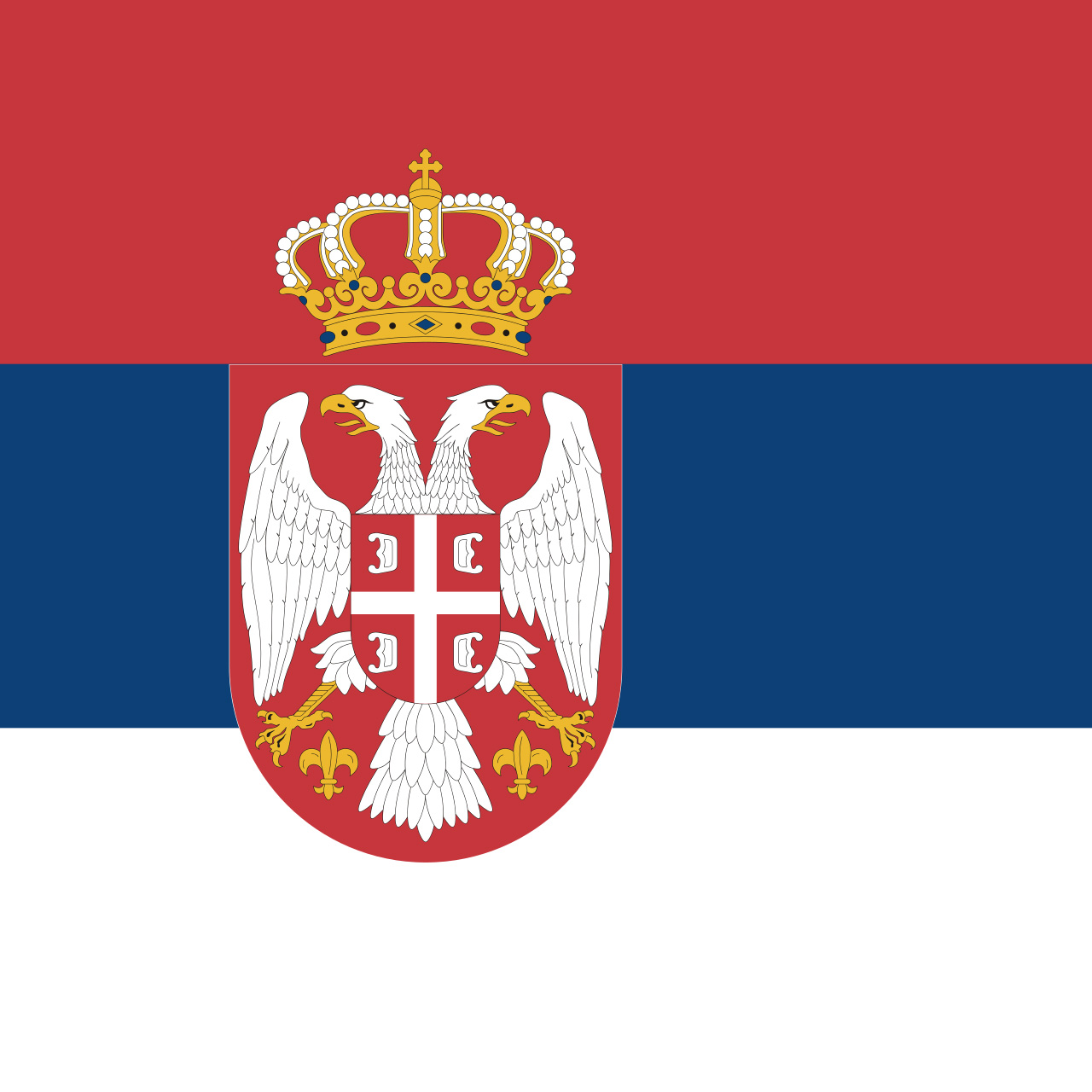
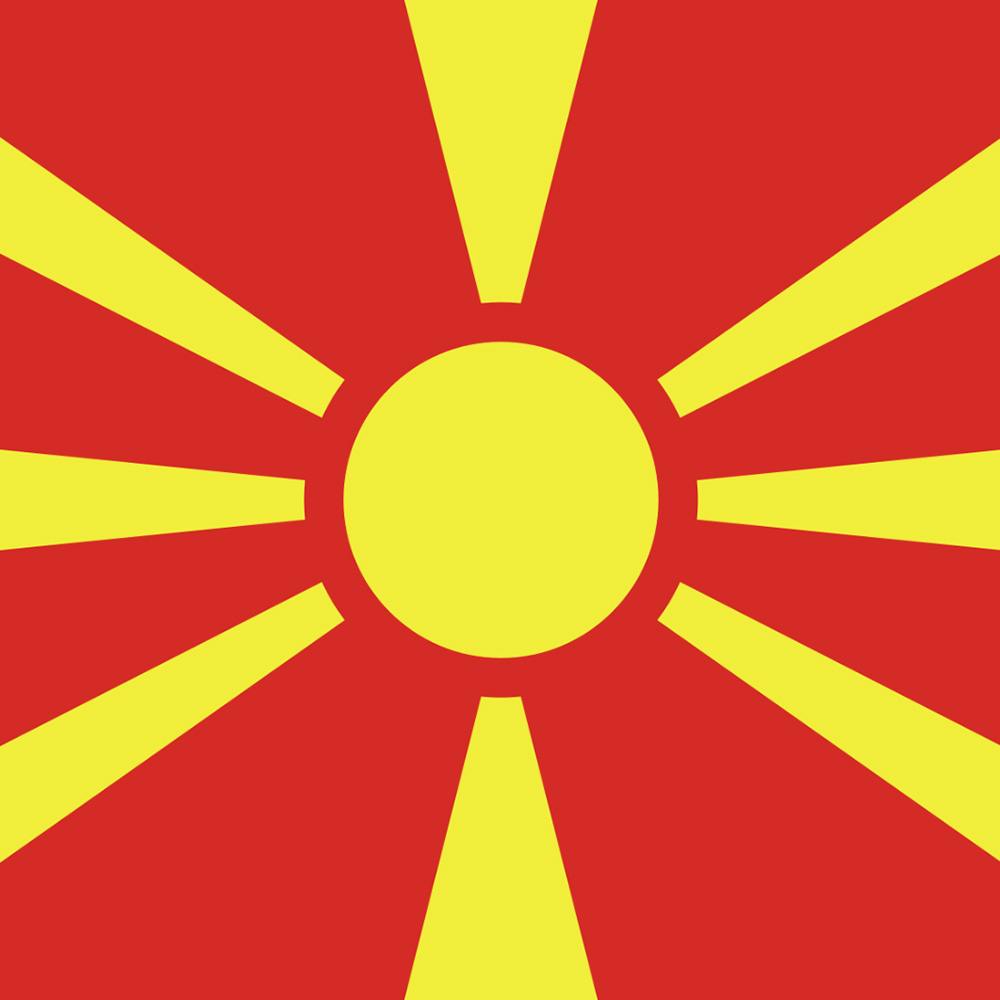
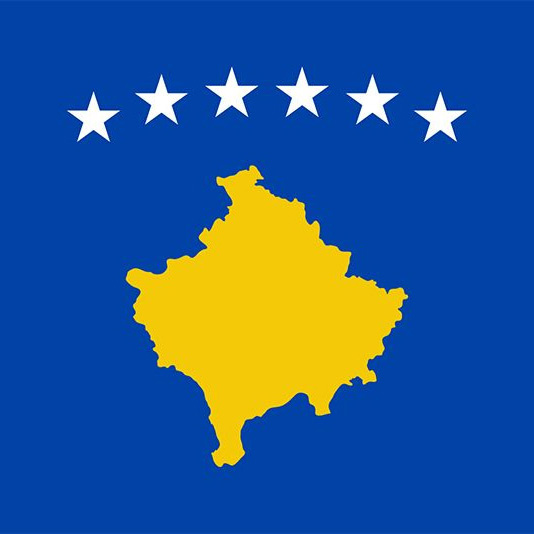
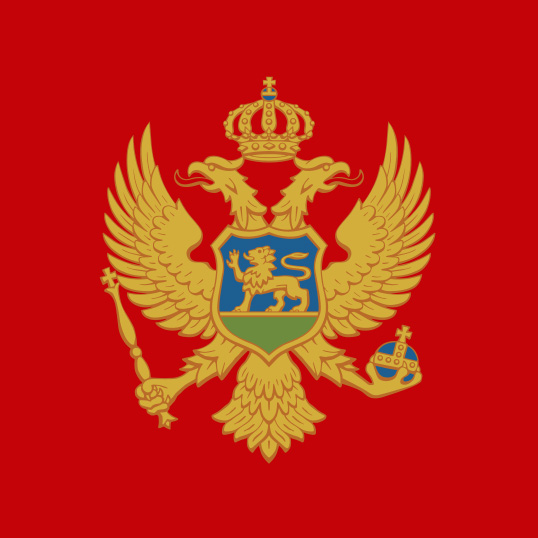
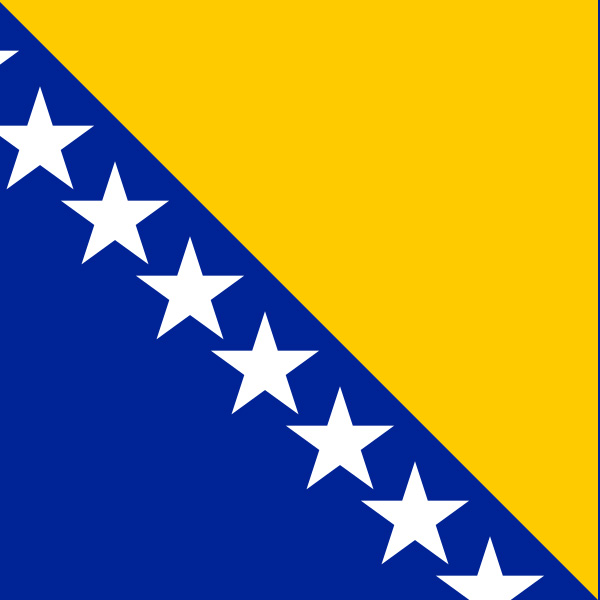
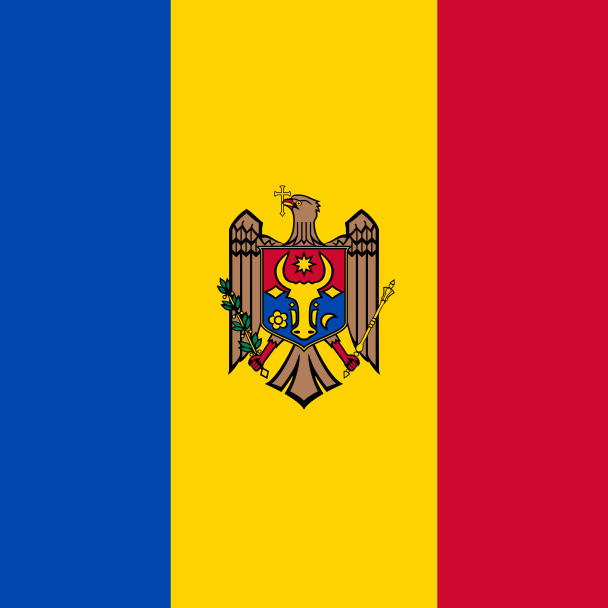
 Internet Activities
Internet Activities 

